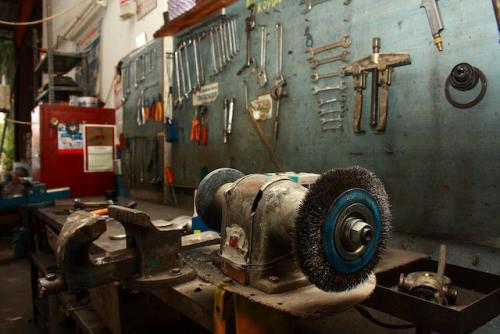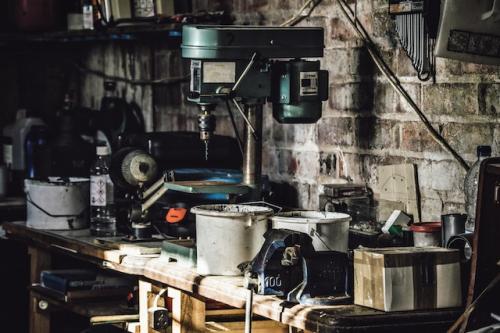5 Ways Small Shops Are Maximizing Production Efforts

Small shops face a range of challenges when it comes to maximizing production efforts, from limited resources and smaller teams to equipment and machinery constraints. However, with the right tools and strategies, small shops can optimize their operations and improve their output.
1. Adopting Lean Manufacturing Principles
Lean manufacturing principles are a set of principles that focus on maximizing efficiency and reducing waste in production processes. These principles were originally developed by Toyota and have since been adopted by companies worldwide. The concept behind lean manufacturing is to create more value with fewer resources, which is particularly important for small shops that operate on limited budgets.
By analyzing processes and identifying areas for improvement, small shops can streamline workflows and reduce waste, which in turn can help to minimize inventory and reduce downtime. This can help to free up valuable space and reduce costs associated with holding excess inventory.
Additionally, lean manufacturing principles can help improve quality and reduce costs. By focusing on continuous improvement, shops can identify and address issues in their production processes, resulting in higher-quality products and fewer defects. This, in turn, can lead to cost savings through reduced waste and improved customer satisfaction.
2. Utilizing Automation and Embracing Technology
Automation can help any facility increase productivity, reduce labor costs, and improve consistency. For example, robotic systems can perform repetitive or manual tasks, while CNC machines can produce high-quality parts with minimal supervision. Automation can also help small shops optimize their use of resources, including space, energy, and raw materials, allowing them to operate more efficiently.
Technology is a powerful tool for smaller shops looking to maximize production efforts. Cloud-based software solutions can help these organizations manage their operations more effectively, providing real-time data and analytics to guide decision-making. In addition, tools like 3D printing and CAD software can help small shops design, prototype, and manufacture products faster and more cost-effectively.
3. Material Handling Solutions
Efficient material handling is crucial for the smooth functioning of any machine shop or production operation. By investing in the right equipment small shops can significantly improve their production efforts. Jib cranes, for example, are ideal for moving heavy items, such as machinery or raw materials, with less effort.
By using these cranes, shops can save time and effort, reduce the risk of workplace injuries, and increase productivity. Investing in the right material handling equipment not only benefits the shop but also improves the overall job satisfaction of employees.
4. Investing in Employee Training and Development
Small shops are often run by a small team of dedicated employees, making their contributions critical to the success of the business. To ensure that the business operates effectively, it's essential to invest in the training and development of employees. Cross-training programs are an excellent way to help employees acquire new skills and knowledge, which can make them more versatile and able to perform multiple tasks and roles within the shop.
When employees are trained in different areas of the business, it can lead to increased productivity and efficiency. In addition, cross-training helps create a more cohesive team, as employees gain a deeper understanding and appreciation for their colleagues' roles and responsibilities. This can foster a sense of collaboration and teamwork, which is essential for small shops to succeed.
5. Create a Positive Workplace
In addition to investing in employee training and development, providing regular feedback and recognition is another effective way to motivate employees and foster a positive workplace culture. Employees who receive constructive feedback are more likely to understand what they need to improve, leading to increased job satisfaction and motivation to do better.
Acknowledging employees' achievements is also essential in building a positive work environment. Recognizing hard work and dedication can go a long way in boosting employee morale and job satisfaction.
Final Thoughts
Small shops face unique challenges when it comes to maximizing production efforts, but by adopting lean manufacturing principles, utilizing automation and technology, implementing material handling solutions, and investing in employee training and development, they can improve their output and remain competitive in a rapidly changing industry.









Comments